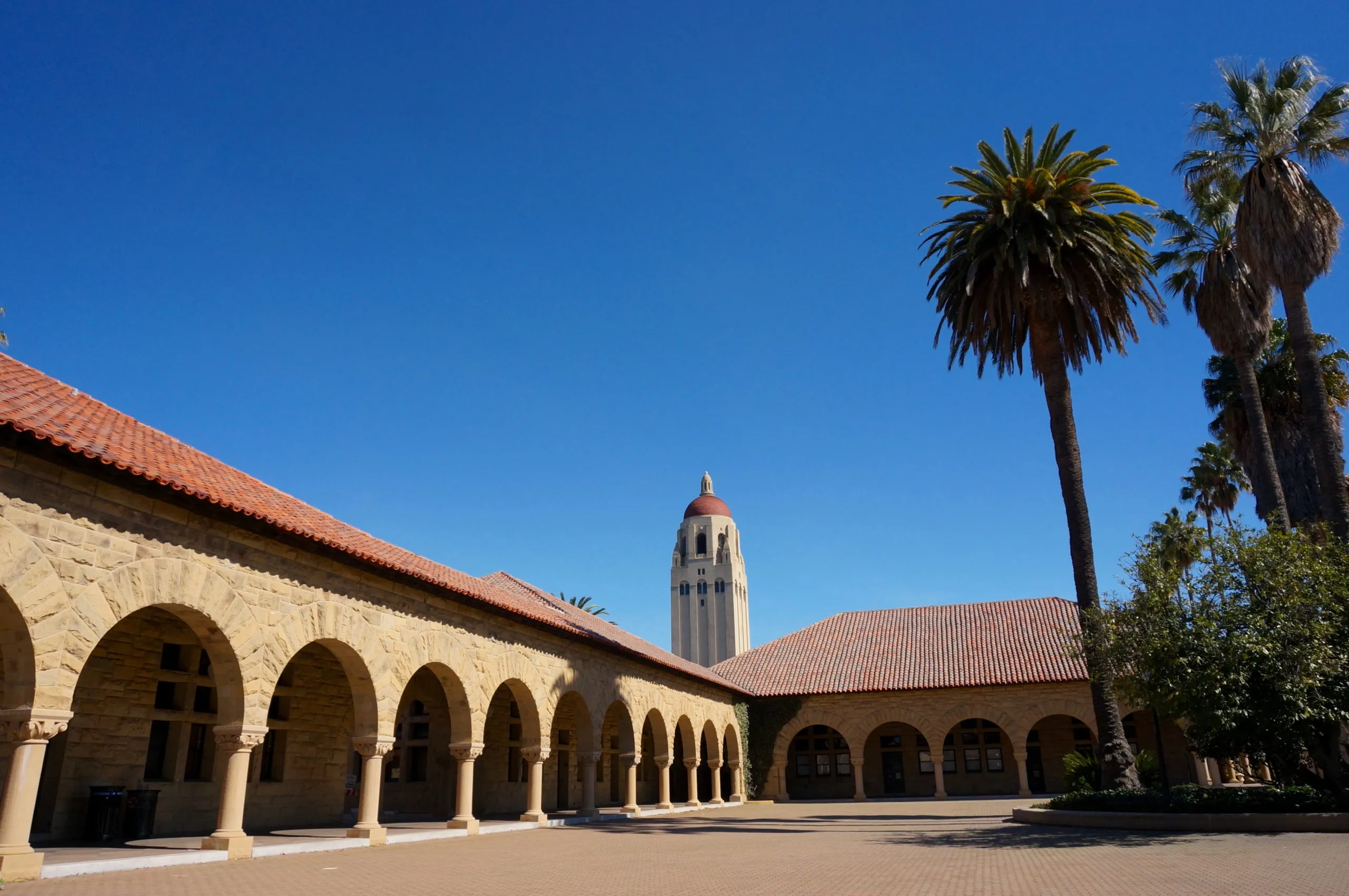7:25 p.m. — I nervously checked the time on my computer, while wiping away the beads of sweat that had started to form on my forehead. I had been praying, nay, pleading, for the last 10 minutes — “Please let this interview go well.” I was on my last set of graduate school interviews. This was my last chance, I had been rejected everywhere else. I had no idea what I was doing wrong — the platitudes of “just be yourself” from my classmates rang hollow within me.
I just internalized it — if “just be yourself” was not working, then something was definitely wrong with me.
7:29 p.m. — One minute to go. I took a final swig of water and thought to myself, ”If I ever find myself on the other side of the table, won’t I change a few things…”
It has been two years since that fateful interview day. Although I am currently a graduate student here at Stanford, I still have no idea what happened and why I was admitted. But in those two years, the pressing need to figure out what went wrong with the other interviews never left me. “Why do you care, you are already at Stanford?” was the common reaction I got from my acquaintances whenever I brought it up.
However, I do care — I care deeply. Not because of my ego, but because of the reason why I am in graduate school. I am training to become a better engineer and scientist. And the only way to become a better engineer and scientist is through feedback.
As scientists, we receive feedback from every single situation — when we submit manuscripts, we receive feedback from the editors and peer reviewers. When we submit grants, we receive feedback from NSF and NIH panelists. When we defend or give our qualifying examinations, we get feedback from our committee members and those who listen to us. When we go up for tenure, we get feedback from the tenure committee. Every basic interaction between lab colleagues allows us to refine and change our ideas and methods.
So why is it that admissions, perhaps the most critical part of one’s journey to becoming a scientist, has to be the most Kafkaesque process? Departments at Stanford have policies that they will not release feedback about their decisions to students. Let me again point out how asinine that is.
As scientists, we strive for clarity, reproducibility and evidence — if there is no clear criteria for those who are admitted and those who are not, we are creating a game of chance, an unequal opportunity between those who understand the “game” and those who do not. For many of us who have been admitted, it is a case of survivorship bias; we may not care about what our interviewers thought — we got in.
However, the reality is that there are hundreds of others who haven’t gotten in — there is about a 10% acceptance rate in my department. For many of them, who passed the initial screening and reached the interview stage, having that extra feedback from the professors who spent the time interacting with the applicant will go a long way in helping their futures in other grad school interviews, or in general become better at the interview process. By denying all of this, growth is stunted.
In particular, this unduly affects groups who are less likely to understand the “game” — first-time higher education seekers, immigrants, people of color and people from socioeconomically disadvantaged backgrounds, as evidenced by the Department of Education’s own report on higher education statistics.
Some may argue that people do not have time to respond to the potentially hundreds of applicants. However, federal grant agencies illustrate that it is possible to make the time; many national grant agencies, in particular NSF and NIH, return grant feedback to submitters. If federal grant agencies and reviewers can afford to spend time to give feedback, so can admissions committees. While departments may view giving feedback as an inefficient waste of time and resources, I would argue such feedback is valuable in the long term. Using the departments’ logic, growing a tree is a waste of time. It may be “inefficient” to take time out of our busy lives to water it, but over 50 years, when we are long gone, that tree will provide shade for those who didn’t have it before. We do not see the tree grow day to day, but if we do not water it daily, the tree will die before it has a chance to rise. In the same way, by not giving the applicants feedback, we are failing potential scientists.
A perhaps darker interpretation can be taken that the lack of feedback and clarity is useful for maintaining a sense of “prestige” in the institution. It would be a lie to say that we don’t profit from this idea; a degree from Stanford opens up so many opportunities because of its exclusivity. Antonio Gramsci, an Italian 20th century political prisoner under Benito Mussolini, defined this as the idea of cultural hegemony — the ruling class’s beliefs, thoughts and expectations become the dominant accepted cultural norm in a culturally diverse society. We are lucky that we have the choice to not perpetuate this hegemony; let us use this to enact change.
It is easy to enact policies at the top of the chain to promote better representation; the real challenge starts at the roots so that more trees have a chance to grow. We have to rethink how graduate school admissions works, and really provide equitable opportunities.
So, it is important for us to take this issue up with our departments here. For the small number of us currently in the program, we will not see any benefit from it, but I guarantee you, thousands will thank us for it.
